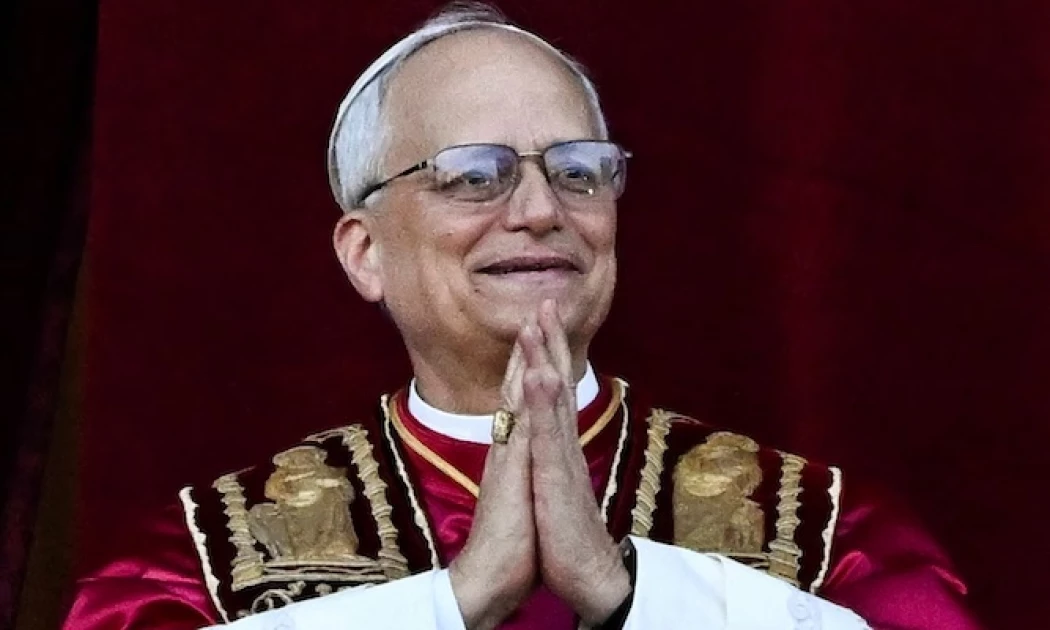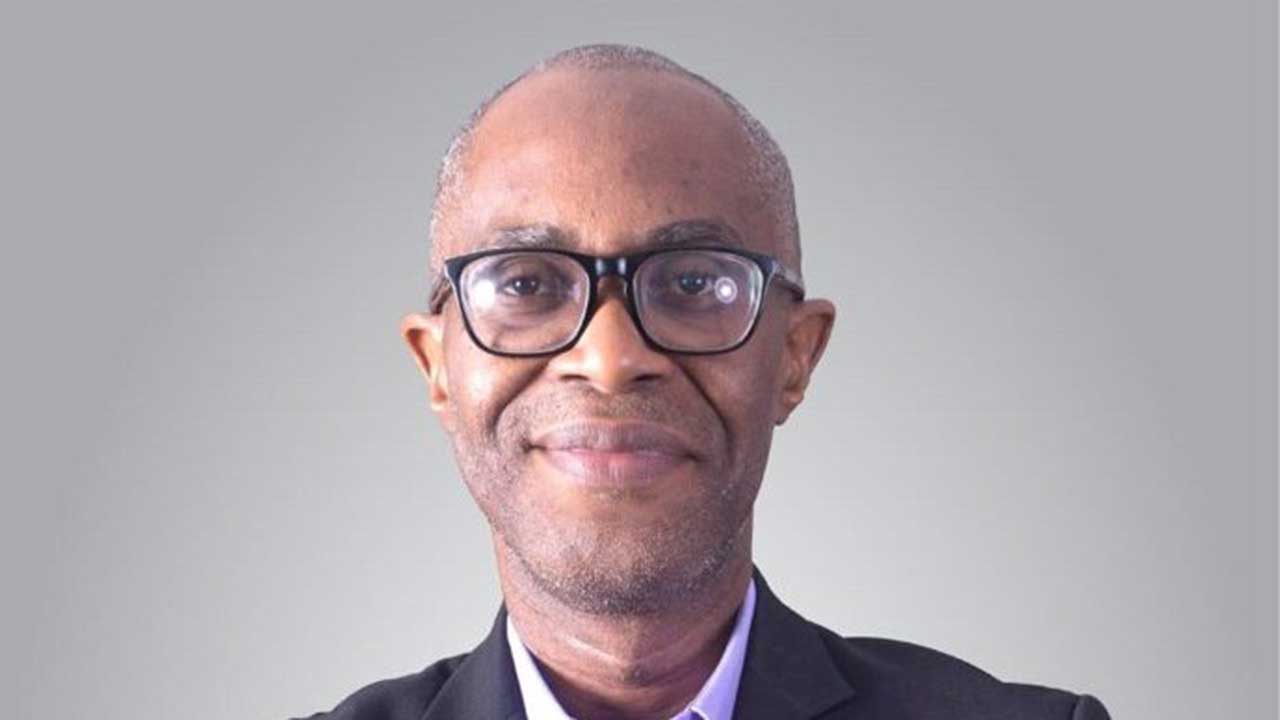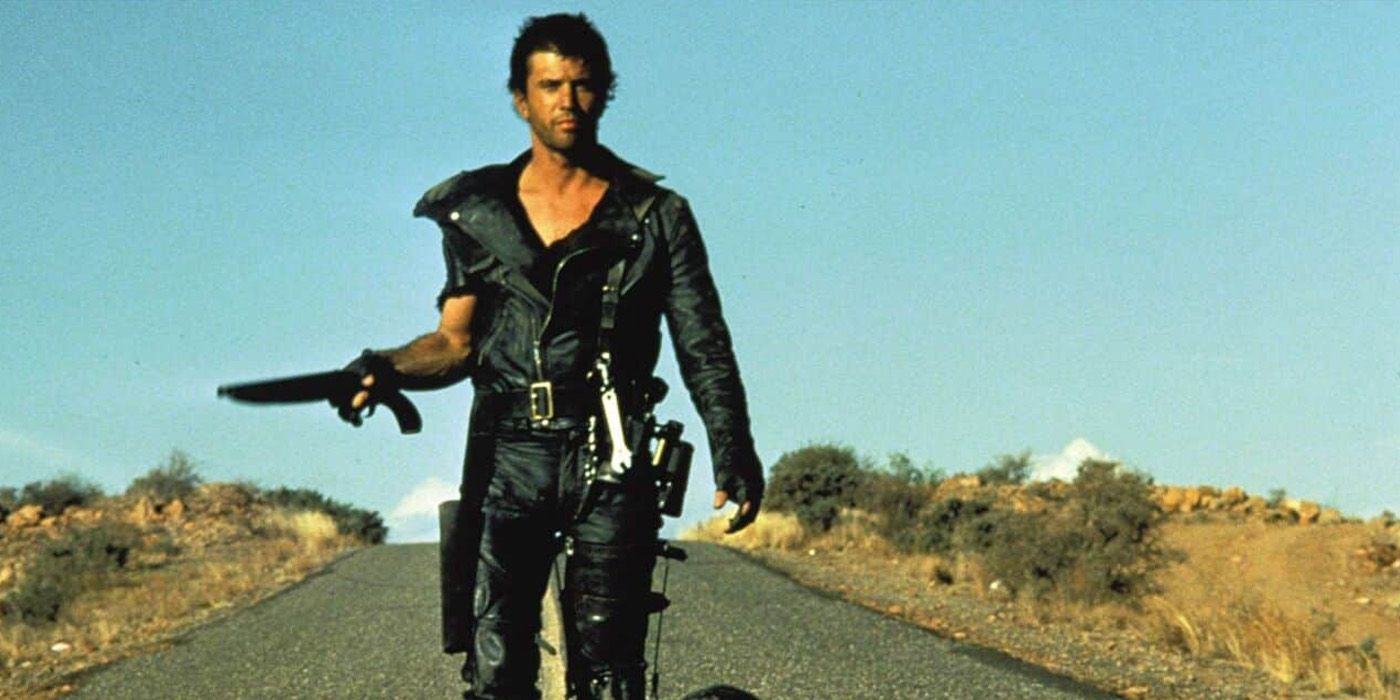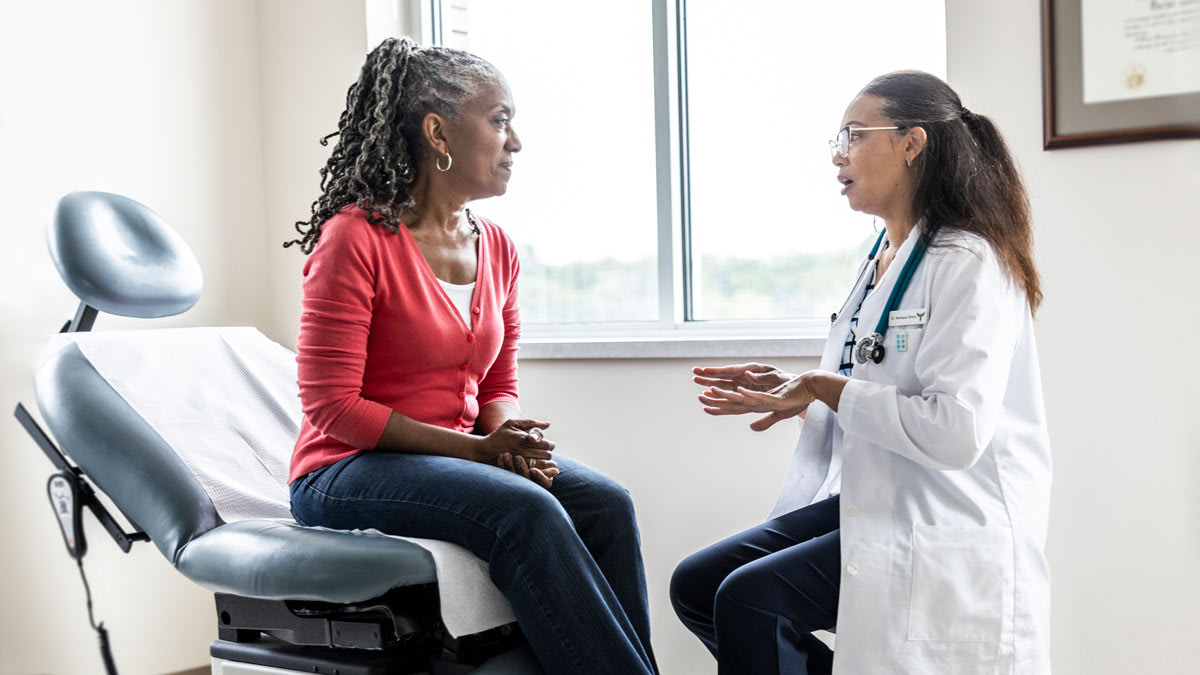Abbey Lee is inviting men into the conversation on endometriosis
While she might be best known for her work in front of the camera, in 2025, Abbey Lee is carving out a new space, far from runways and film sets, and deeply rooted in lived experience.
For years, the supermodel-turned-actress has suffered in silence with endometriosis: a pain that creeps in quietly, settles in deep, and, more often than not, goes undiagnosed for decades. Like so many with the disease, she moved through the world unaware just how deeply it had infiltrated her body – misunderstood by medicine, and dismissed by systems not built for her.
Now, she's turning that silent suffering into something loud, with her latest initiative, Men For Endo. More than just a campaign, Men For Endo is anchored in conversation. It's a call to action for men to sit at the table of women’s health – not simply as observers, but as participants, listeners, allies – beginning the conversation with a condition that affects one in seven women worldwide and yet remains shrouded in stigma and medical neglect.
The initiative launched in late March, rounding out Endometriosis Awareness Month with a powerful event hosted by Lee at The International Sydney. What emerged was a rare moment of shared understanding, and the beginning of something much bigger than a single afternoon. Here, Lee opens up to RUSSH about pain, resilience, and the quiet revolution of bringing men into the fold of women's health.

You've described your journey with endometriosis as a "slow burn" of pain and perseverance. How has this prolonged experience shaped your understanding of resilience and self-advocacy?
It shapes it entirely because It takes you to the very edge of your mental and physical limits. It drains the energy out of your entire life because it touches every aspect of it and through this experience you learn what you’re truly made of. You also learn the dance of giving in and fighting back. Both tools are needed but they take time and energy and a lot of heartache to learn. What it’s taught me about self advocacy is that no one will ever be able to fight as hard or for as long as you will. You have to do it everyday for yourself because people have their own lives to attend to.
Men For Endo seeks to bridge a gap in understanding and support. What personal experiences motivated you to focus on male allyship in the realm of women's health?
I think the biggest impact has been my experience with the medical system. Learning how inherently gender biased it is. The sadness and the rage that comes from feeling so unheard and unseen and gaslit. Being looked at like I was crazy, being told there is nothing anyone can do, being told it must be in my head, even being told they surely knew what it was and I just had to take these drugs or do this procedure and it was all just some bullshit guessing game. So much of it is because women’s health has not been prioritised in the same way men’s has. So doctors that are specialists in their field and not armed with the tools to actually help you. It felt sometimes like people were digging into my body with blind folds on. I still don’t know how to heal myself. Just being diagnosed and getting surgery is not the answer for most with endo. The relief of finding out you have it is only beaten down with the information that there is no cure.
In launching Men For Endo, you brought together a diverse group of supporters. Can you share a moment from the event that encapsulated the impact you hope to achieve?
Yes, it was right after I spoke to everyone about why men were so vital to women’s health as well as my own experience with endo. I could cry just thinking about it. As soon as that speech was over, every conversation in the room was about women’s health. It was astounding. This was all I wanted. For men to talk to each other about the women they loved. The power of conversation is incredible and that’s the essence of Men For Endo. It’s not about money or guilt tripping people into doing something that feels empty. It's just about opening your mind and heart and ears and then talking.
Your relationship with your father has been a source of strength. How has his support influenced your approach to fostering male involvement in endometriosis awareness?
He is one of the kindest and gentlest men I have ever known. His support and endless care always instills in me that there is inherent goodness in most men. That they have a natural desire to protect and this is something that I’ve wanted to harness whilst engaging with men in this awareness space. To encourage them to feel empowered and inspired as allies by calling on them in a way that feels accepting.
Transitioning from the fashion world to health advocacy is a significant shift. How have your experiences in the fashion and film industry informed your approach to this new venture?
Yes, maybe in the sense that I understand entertainment and how to engage people. I’ve attended enough events to know what is mind numbing and what is exciting to be a part of, so when I put this first event on I chose to keep it fresh and fun and short!
You've mentioned the importance of creating accessible conversations around endometriosis. What strategies are you employing to ensure Men For Endo reaches and resonates with a broad audience?
I want the information to always be simplified without being condescending and visual so that people can imagine in their minds eye what endo is about because we are all visual creatures. I want it to be fun without taking the piss and informative without being overly clinical.
Looking ahead, what are your aspirations for Men For Endo, and how do you envision its role in transforming the narrative around endometriosis?
It’s strange because I really only ever planned to do one lunch but as soon as it was over I realised I’d started something that could exist for a long time and keep changing shape, so I’m currently working on my next event in New York and have a list of ideas that I’ll slowly chip away at over time hopefully. In terms of shifting the narrative… I just really want to break the taboo that is strangling women’s health. I want men to be involved in the conversations that women have with each other, so they can learn and therefore understand us and better support us.










